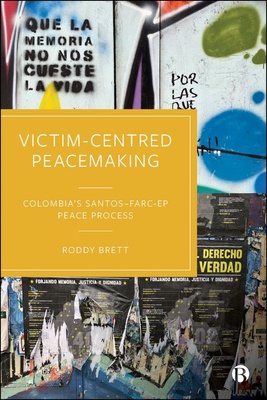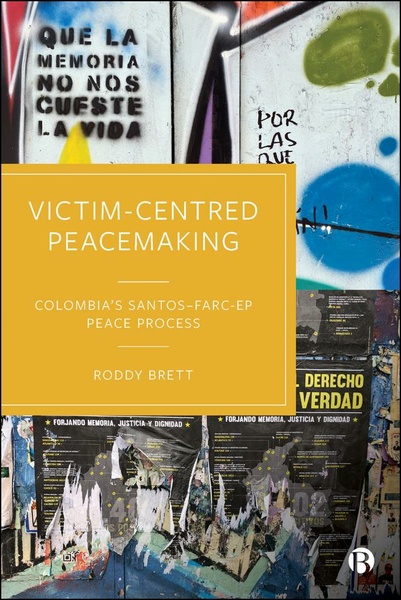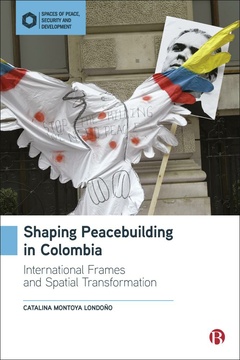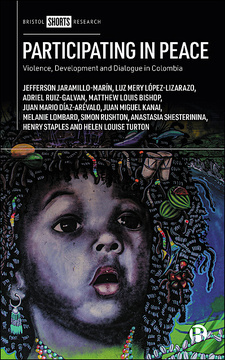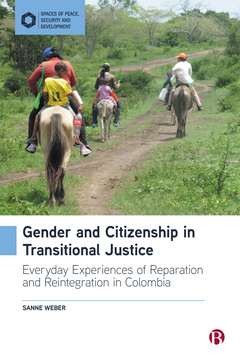Published
Nov 28, 2024Page count
324 pagesISBN
978-1529238808Dimensions
234 x 156 mmImprint
Bristol University PressPublished
Nov 28, 2024Page count
324 pagesISBN
978-1529238822Dimensions
234 x 156 mmImprint
Bristol University PressPublished
Nov 28, 2024Page count
324 pagesISBN
978-1529238822Dimensions
234 x 156 mmImprint
Bristol University PressBased on unique empirical research into Colombia’s Santos-FARC-EP peace process (2012-2016), this book interrogates how, if at all, survivors and victims may assert agency and contribute to formal peacemaking and transitional justice initiatives.
The book argues that victim inclusion meaningfully transformed victim-perpetrator relations and dynamics in Havana, while partially shaping the content of both the Victims’ Agreement and Final Agreement. As such, the delegations created paths for empowerment at the individual and, in part, collective levels. However, victim inclusion also precipitated experiences of victim depoliticization, revictimization, retraumatization and instrumentalization.
Drawing on insights from across academic disciplines, the book proposes an instrumentalization / empowerment spectrum to analyse the complex impact of victim-centred approaches to peacemaking/transitional justice, and is valuable for both researchers and practitioners.
“An original and powerful book. Brett’s analysis is admirably nuanced and draws on extremely vivid and arresting interview material.” Richard English, Queen’s University Belfast
“It is rare that a book on peacemaking offers such an original multi-layered approach to the rather technical point of how to balance questions of inclusion with issues of representation in political transition. Brett embraces this task and not only speaks ‘about’ the dignification, challenges and empowerment of victims’ delegations and their impact on transitional justice and Colombia’s peace process but also, with his careful reading led by the voices of his interviewees, Brett himself provides a courageous narrative that dignifies and empowers victims as protagonists of his research. This book is a must-read for students and researchers in the fields of peace and conflict, human rights and transitional justice.” Josefina Echavarría Álvarez, University of Notre Dame
“If you want to understand why Colombia is (fitfully) pursuing the most victim-oriented and holistic transitional justice ever attempted – and the wider implications for relational peace and transformative justice elsewhere – then look no further than this remarkable and inspiring account of victims engaging perpetrators at the Havana peace talks.” Lars Waldorf, Northumbria University
Roddy Brett is a Professor of Peace and Conflict Studies at the University of Bristol and directs the Global Insecurities Centre.
Introduction
1. A Concise History of Violence
2. Colombia’s Aberrational Cold War
3. Getting to Havana: From International Pariah to Innovative Peacemaking
4. The Havana Talks: A Victim-Centred Peace?
5. A Participatory Process? Victim Inclusion and Representation in Havana
6. Victims As Peacebuilders: The Relational Impact of the Victims’ Delegations
7. The Impact of the Victims’ Delegations: Victims As Peacemakers
Conclusions
Annex 1: Interview Format
Annex 2: Participation in the Victims’ Delegations








